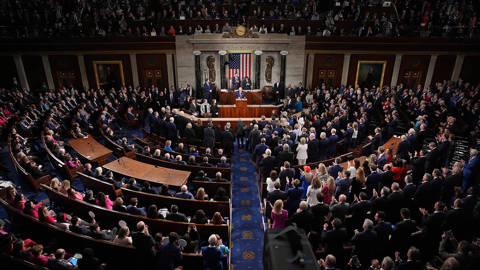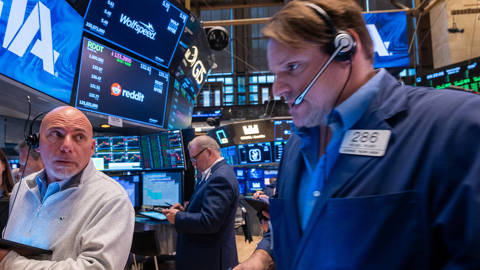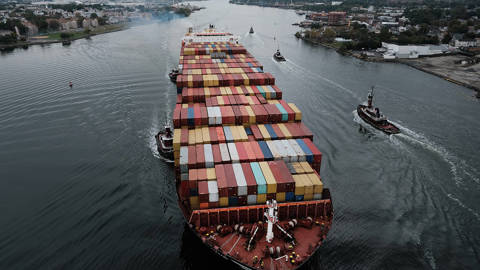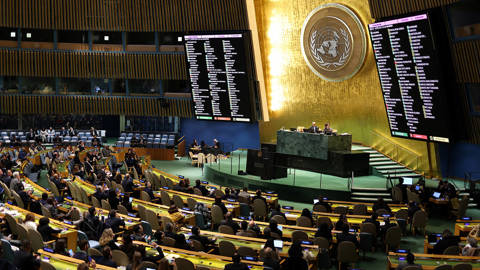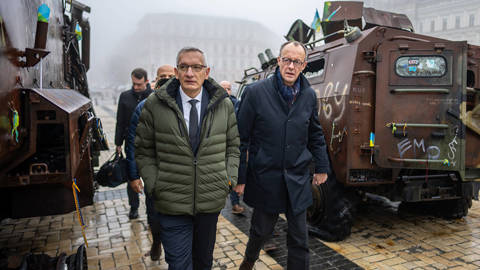Robert J. Barro
Robert J. Barro, Professor of Economics at Harvard University, is a non-resident senior fellow at the American Enterprise Institute and a research associate at the National Bureau of Economic Research.
-
Understanding Recent US Inflation
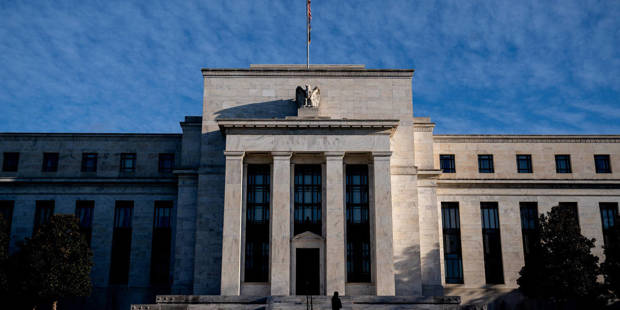
Understanding Recent US Inflation
Aug 30, 2022 Robert J. Barro sees the fiscal-policy response to the COVID recession as the main factor fueling faster price growth.
-
Yes, the US Economy Is Likely in Recession
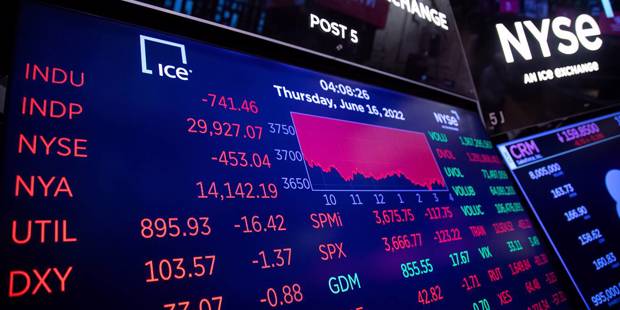
Yes, the US Economy Is Likely in Recession
Aug 1, 2022 Robert J. Barro shows that two consecutive quarters of negative US growth have almost always preceded an official downturn designation.
-
Big State Inflation
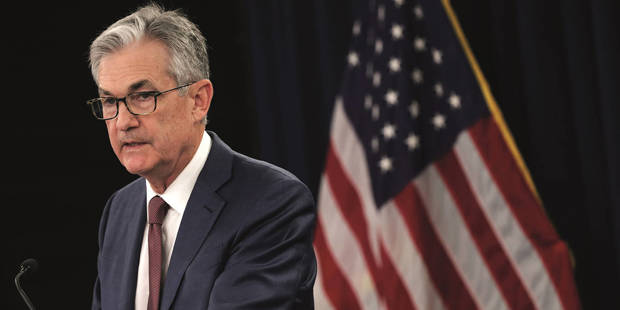
Big State Inflation
Dec 4, 2021 Robert J. Barro worries that US monetary and fiscal policy is running off the rails and theatening future growth.
-
An Interview with Robert J. Barro

An Interview with Robert J. Barro
Apr 20, 2021 Robert J. Barro warns that the anchor of long-term inflation expectations is being pulled up, advises the US on how to deal with China, and critiques Joe Biden’s proposed infrastructure package.
-
Pulling Up the Inflation Anchor
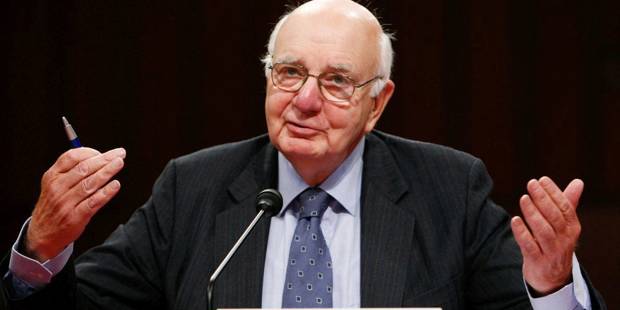
Pulling Up the Inflation Anchor
Feb 25, 2021 Robert J. Barro worries that reckless policies could undo decades of hard-won gains by monetary policymakers.
